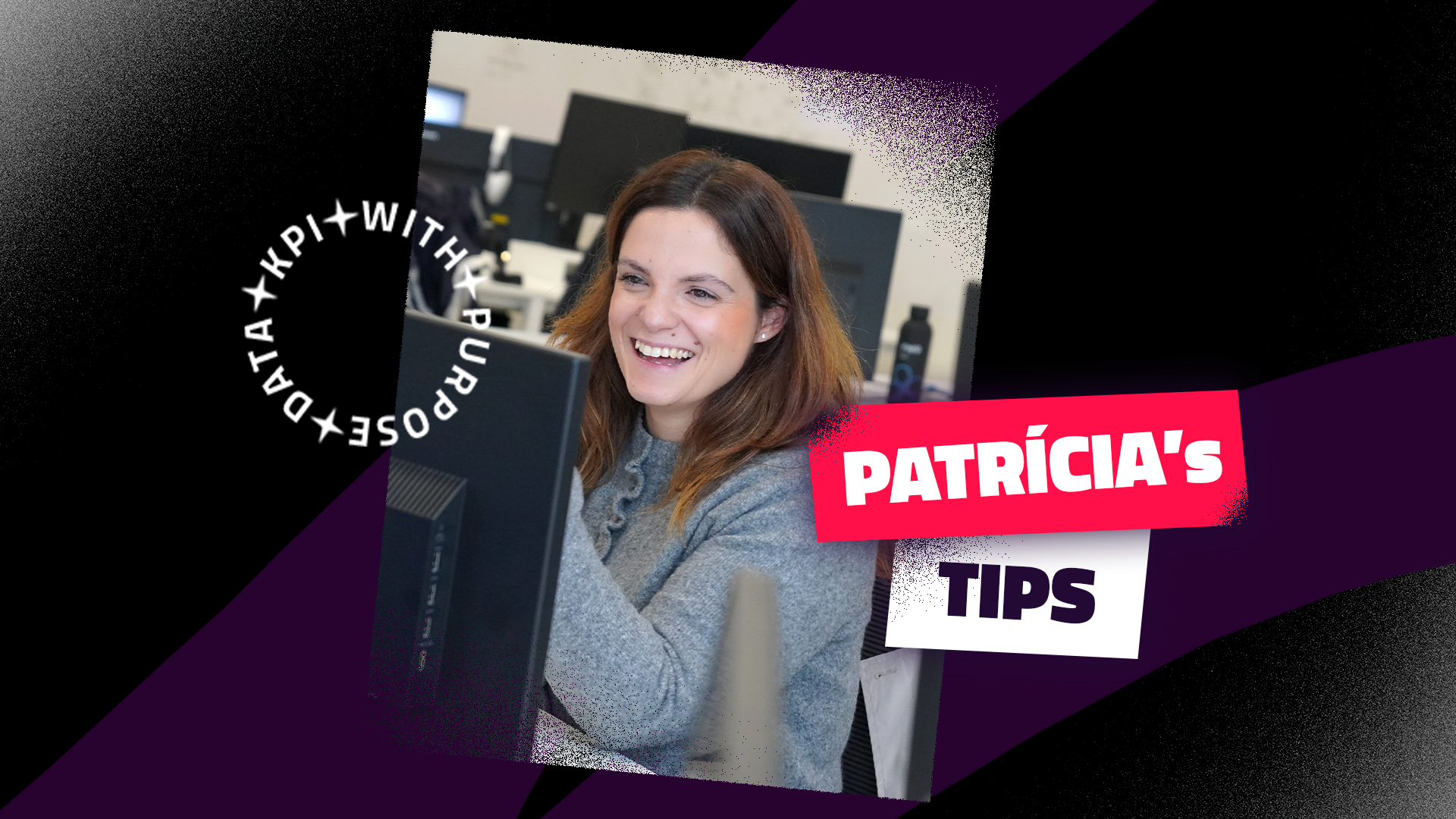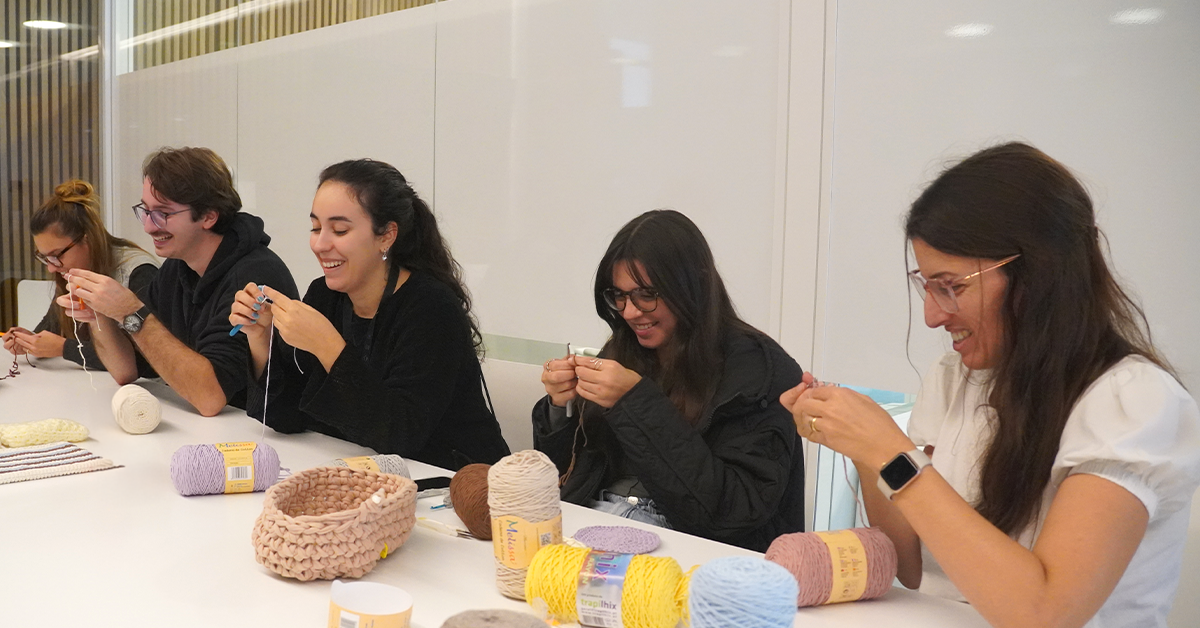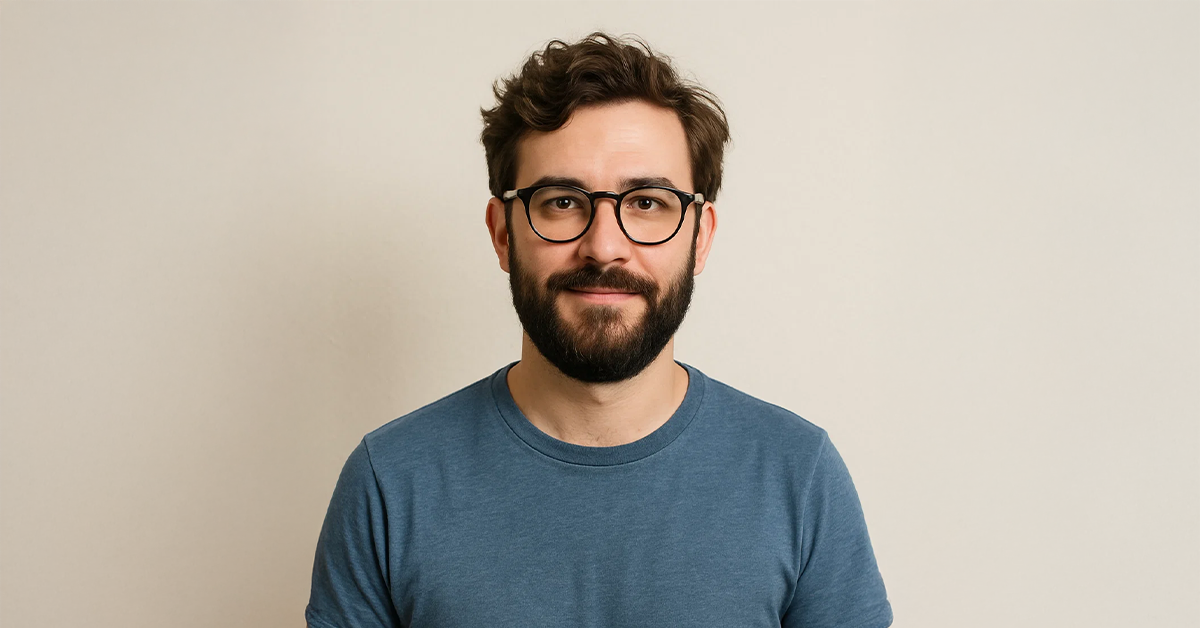The teacher, the trainer and the professor
There's a “La casa de papel” out there with "El Professor", but in this house of casino games, Fabamaq, we have "los professores". These are some of the Gamers who, in addition to their contribution to Fabamaq, are training the professionals of the future and this year we decided to talk with them because of the World Teachers' Day on 5 October. Let's hear the testimonies of Tiago, Bruno and José:
Tiago Gomes, People Partner at Fabamaq and professor at ISEP

What has your career as a teacher been like so far?
My career began at the Porto School of Commerce when I was 22 years old. There I had the opportunity to co-ordinate the psychology department and become a teacher. It was a very intense 12 years, and I had the chance to work with schools in Catalonia and get to know other pedagogical systems. This allowed me to learn and extract lessons to apply here, in the group that the Porto School of Commerce was part of.
For the last five years I've been teaching at ISEP – Instituto Superior de Engenharia do Porto, teaching various subjects. In the first semester, I'm one of the professors who teaches the subject of "Working Methods in Engineering" to first-year Electrical Engineering students. During this semester, I also teach "People Management" to students on the Master's programme in Computer Engineering, giving practical lessons. In the second semester, I'm only teaching "Organisational Behaviour" to third-year Computer Engineering undergraduates.
What do you enjoy most about teaching?
The chance to share and have an impact on people's lives. You end up fostering and awakening curiosity and skills in other people that will remain in their lives, and that impact you can leave is very interesting. Then there's also the learning component. The chance to learn from the students, but also to learn on your own so that you can then innovate and explain better and meet the expectations of the institution and the students.
What have you learned from your students?
In my point of view, the education system has changed a lot. In the past, the teacher was the sole guarantor of knowledge and information and perhaps today we are more the architects who provide the structure and conditions so that students can develop some autonomy in their learning. This change gives students more freedom and this space allows them to bring more things that you don't know about. Whether it's new technologies, information, articles, concepts or ideas, there are always new things they bring that add value to you.
How do you think your career as teacher has made you a better professional?
The traditional conception perhaps says that teachers are there to teach and students are there to learn, but it's very positive for me as a teacher to remain humble and open to learn from students and that makes me better. I think the connections you can make with people are also one of the main positive points, whether at ISEP or Fabamaq. At some point you're able to personalise your action for each person and you're not taking a "one size fits all" approach. In my experience at ISEP this is possible. We're able to work with small classes, know people's names and their difficulties, almost like we do in our people management work at Fabamaq. This is very positive.
Do you feel that at Fabamaq you have the necessary conditions and balance to be a teacher and fulfil your role?
Yes, that was very important for me. I was involved in teaching for 12 years and the challenge I was offered at Fabamaq was very attractive. I would still have accepted the challenge if I hadn't been able to continue teaching, but I really wanted to stay involved in this world and the company gave me that opportunity. I think this makes me a better professional in both worlds. On the one hand, I bring knowledge of what we do at Fabamaq to teaching. On the other hand, my experience at ISEP allows me to get in touch with those who will possibly be Fabamaq's future employees and understand them better.
Bruno Ferreira, Sound Designer at Fabamaq and instructor at Restart

What has been your experience as an instructor?
Up to this day, I've had three teaching experiences, starting in 2017 and then continuing intermittently. In total, I've been involved in curricular teaching for about a year and a half.
I began teaching at the Porto Music Conservatory, where I led classes in "Analysis and Composition Techniques" for 10th, 11th, and 12th-grade students. Later, I took on the role of assistant professor and conducted a course at the conservatory where I completed my master's degree: the Royal Conservatory of Antwerp (Koninklijk Conservatorium Antwerpen), in Belgium.
Currently, I am a trainer at Restart. I started this journey in 2019 and taught three modules as part of the "Musical Performance and Composition" course - "Soundtrack", "Systems and Software", and "Video Games". In the first, I cover music for audiovisuals (with a focus on cinema). In the second, the focus is on exploring software used to write, develop, create, and produce our musical ideas. In the last module, besides the standard background of implementing music/sound design in video games, my role is to help students create the effects (sfx) and music they envision for their projects.
What has been the most enjoyable aspect of these experiences for you?
I try to convey knowledge in the most interesting way possible, seeking to contrast learning with some more archaic teaching methods we've all experienced during our academic journey.
In the classes at the Porto Music Conservatory for the 12th grade (because they were older students with a greater mastery of the subjects discussed), I particularly enjoyed bringing topics to class and reflecting on them together. It was like a debate about the topic at hand, and instead of the result being simply "given" by me, it was obtained through the discussion of various points of view. In this specific field, I believe that this knowledge transfer is a healthy and interesting way to learn the material(s) and to think about them actively and critically. As a student, this was how I learned in both my undergraduate studies in Portugal and my master's in Belgium.
Do you feel you have developed any skills by teaching?
Professionally, I think teaching has made me review and deepen concepts. I have revisited concepts I had previously taught and thought I had mastered and studied them again to be as prepared as possible to clarify any questions students might have. This is also important to then be able to convey that knowledge more easily and with more concrete examples.
Sometimes, in the classes at the Porto Music Conservatory, we would analyse songs from different genres/styles and think about what lies beyond the harmonic and melodic structure. What instrument are we hearing (when it's not too obvious)? What sensations/images do they evoke? It's a more abstract analysis, and this process has always helped me analyse and formulate different perspectives that could be useful in my own creations and in how I approach or develop certain concepts. Hence, my attempt to pass something on to students that has been and continues to be useful to me as a musician in constant evolution.
Was teaching a goal of yours for the future?
Honestly, I don't know. I think "trainer" is the word that seems most fitting to me at this moment and with which I can identify. I can and do enjoy supporting students who already have some understanding of the subject, as it's easier to speak the "same language" in those cases. It's much more difficult to teach music to a student who has never had any contact with music. Of course, those "techniques" and "tools," along with a natural inclination for teaching and enjoying it, are learned in the courses attended by future teachers. Perhaps in the near future, the desire to explore this path and the teaching aspect may arise. Then, I will have to train and learn the necessary tools and techniques to gain more confidence in my role as a trainer/teacher.
Do you feel that at Fabamaq you have the space, openness, and balance to find the right equilibrium between the role of trainer and your profession?
In my case, it works well, as the courses I teach are in the evening after work hours. I teach from 7:00 PM to 11:00 PM, so I can reconcile both activities. There are days when I have to leave earlier, but I play with the flexibility of the company's schedule to be able to teach.
José Neves, 3D Artist na Fabamaq e professor na ESMAD

How long have you been teaching and what subjects do you teach?
I've been teaching for almost four years. The subjects I teach are "Animation for digital games" and "Project Management" in the Superior Professional Technical Course in "Game Design and Digital Animation" at ESMAD - School of Media Arts and Design of the Polytechnic Institute of Porto.
What do you enjoy most about teaching?
What I enjoy most is seeing the evolution of what happens in youth culture and understanding new trends. I also find particular satisfaction in sharing knowledge to unlock processes and difficulties that students may encounter. Ultimately, what drives me as a teacher is seeing progress and being able to participate in it.
Do you feel that your experience as a student shapes how you teach your students?
I believe that the way we teach is very dependent on the human factor. I don't think I've ever taught any of my classes in the same way until now. Each class has different needs, and you can really notice the evolution and growth of different individuals within the classroom at various moments throughout the year. I never stop being myself as a teacher; I transmit the good practices that have been taught to me, leave behind those that I believe didn't work for me, but the key is always adjustment. Teaching and transmitting knowledge are like an open book to me.
Do you feel personal growth from having to respond to both demands?
Yes, always. We are always growing. Honestly, I can only recommend to anyone who can experience the academic world. Now being in the workforce, I highly recommend to anyone who has the opportunity to embrace the experience of teaching and working simultaneously.
This reality immensely helps to develop balance and personal life management. Additionally, it was good for my social development and soft skills, as I learned to deal with conflicts for which I was not prepared otherwise. In teaching, I realized that I had this ability within me and that I only needed to understand how to awaken and apply it. Teaching also opens many doors and gives us access to new technologies that we might miss out on in the professional world, as they operate under different parameters. I think it's extremely important, therefore, to keep both eyes wide open, as one universe complements the other.
Do you feel that Fabamaq provides you with the conditions to prepare your classes as a teacher and carry out your profession?
Yes, I feel that the company facilitates this dual role for me. Managing both realities is an exercise for me, and it requires me to be more methodical, but I am extremely happy with the trust that has been placed in me to teach and work at Fabamaq simultaneously. I can only praise this receptivity.
Fabamaq is a technology company based in Porto that has been developing casino games for the world for over 10 years.



